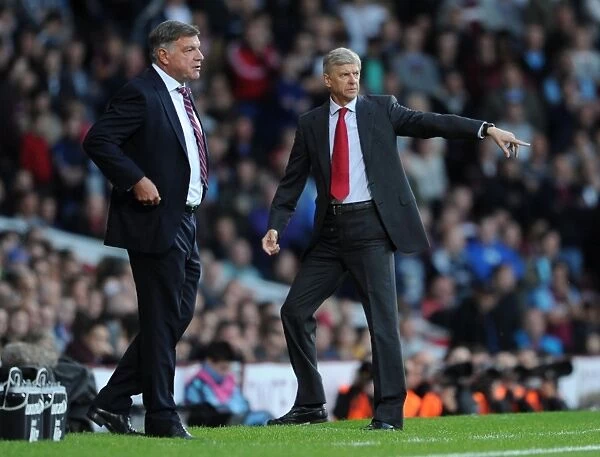In stylistic terms, Arsenal and Bolton were at opposite ends of the football spectrum in the mid-2000s. The Gunners, under Arsène Wenger, were known for their free-flowing, fluid style of play, characterized by intricate passing and skillful movement. In contrast, Bolton Wanderers, managed by Sam Allardyce, employed a more physical and direct approach, often relying on set pieces and aerial duels to gain an advantage.
Despite Arsenal’s aesthetic superiority, the results during this period told a different story. Between September 2004 and February 2007, Arsenal managed to win only one of their eight encounters against Bolton, with Allardyce’s side triumphing in four of those matches. This run of results was a source of frustration for Wenger, who prided himself on the technical prowess of his teams. The rivalry was further intensified during Allardyce’s subsequent tenure at Blackburn, where the confrontations continued to be heated.

In his autobiography, Allardyce reflected on the rivalry, stating, “I enjoyed beating Arsenal more than anyone when I was in charge at Bolton. We’d really got to them, and Arsène Wenger hated us.” His comments highlighted the psychological edge Bolton seemed to have over Arsenal during that era, as they often disrupted the Gunners’ rhythm and exploited their weaknesses.
Wenger himself has spoken candidly about the emotional toll of these encounters. In December 2016, he recalled a particularly painful 2-2 draw at Bolton in 2003 that significantly impacted Arsenal’s title ambitions. “You have awkward moments, and you never forget them. It’s a scar on your heart,” Wenger said, underlining how the rivalry and the subsequent results left a lasting impression on him.
This intense dynamic between the two clubs served as a reminder that, in football, style and philosophy do not always guarantee success; sometimes, the effectiveness of a direct, physical approach can prevail over elegance, leading to a fascinating and complex rivalry.